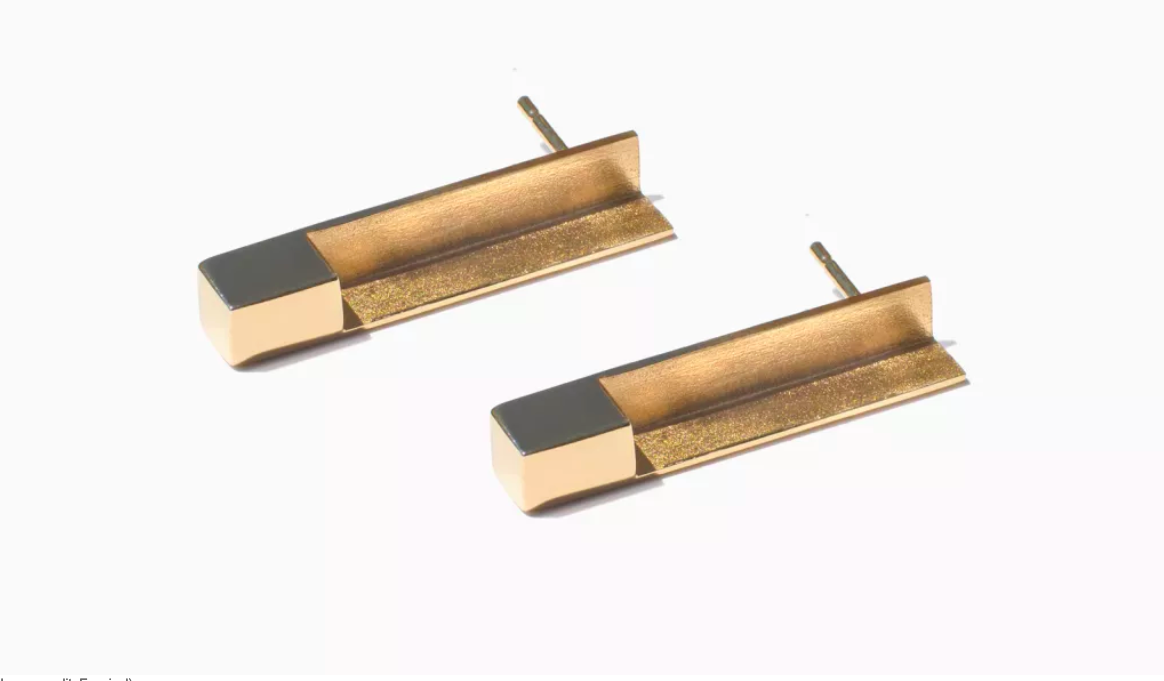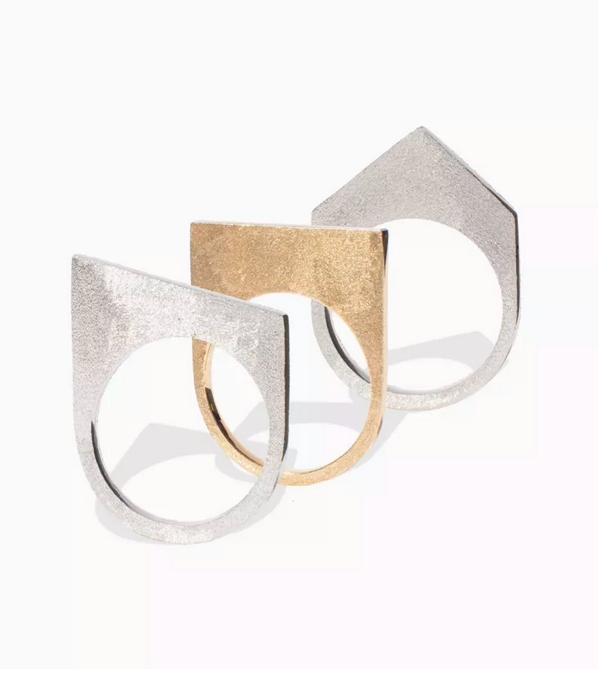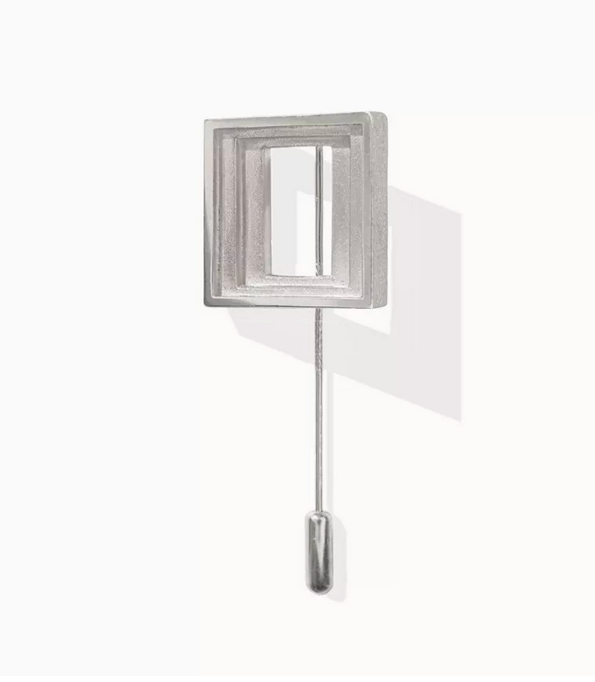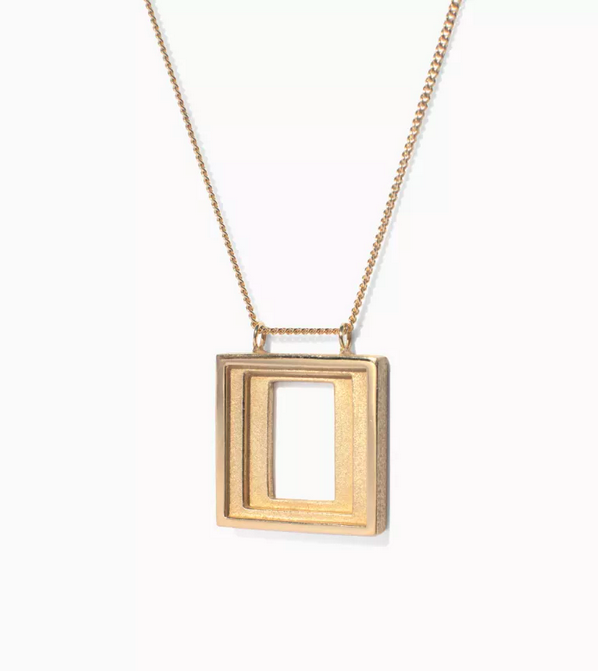How does it work

en
 English
English
 Deutsch
Deutsch
 Italiano
Italiano
07 April

Portuguese designer Sofia Esquivel draws on an a background in architecture for a collection of jewellery which pays tribute to iconic buildings, from the constructivist aesthetics of La Muralla Roja architecture by Ricardo Boffil to Studio Barozzi-Veiga’s geometric architectural facades.
‘This collection is a combination of various buildings and stories that inspire me in different ways,’ Esquivel tells us. ‘If one might be inspired by a specific archetype, another piece might feature a facade detail or even the reference to a cladding texture (like the Barbican ring). In a nutshell, it really depends on the building or architecture style I pick to explore and work with.'

‘Each design started as one single piece, and some of them evolved into a collection. For instance, the Circle collection was my first design and it started as a big pair of earrings that features the surreal circular concrete shapes in the desert of Arcosanti's eco-town architecture by Paolo Soleri in the 1970s, conceived as a role model that could demonstrate an amalgamation of architecture and ecology. The circle. collection symbolizes the future of a more sustainable environment. As the design worked really well in different sizes and outcomes, I decided to create a collection of three sizes of earrings and necklaces, to give people the opportunity to wear it in the way they like the most - some people are more into larger pieces, whilst others are more into small subtle details.’

Rings, necklaces and earrings in brushed metals cut strong, angular silhouettes in an aesthetic embodiment of minimalist architectural principles. ‘When I’m designing something, the biggest challenge is naturally juggling between the conceptual and technical aspects of each piece,’ Esquivel adds. ‘As I make them by hand, I’m very aware of the material limitations, weight, thickness and processes, especially when a design is to be translated into multiples. Every piece I design often requires a different design approach, prototyping or production process, and it can include the use of resources such as computerized 3D modeling, wax carving, 3D printing, paper modeling and, obviously, hand sketching. I feel it’s a healthy inside battle between the designer and the maker.’
As well as producing collections, the jewellery designer also takes commissions, which offer new design challenges. ‘Here the customers are granted access to a creative insight, where hand sketches and 3D images are some of the outputs they get to see (and review) before the fabrication of the final product.’

All article from wallpaper.com